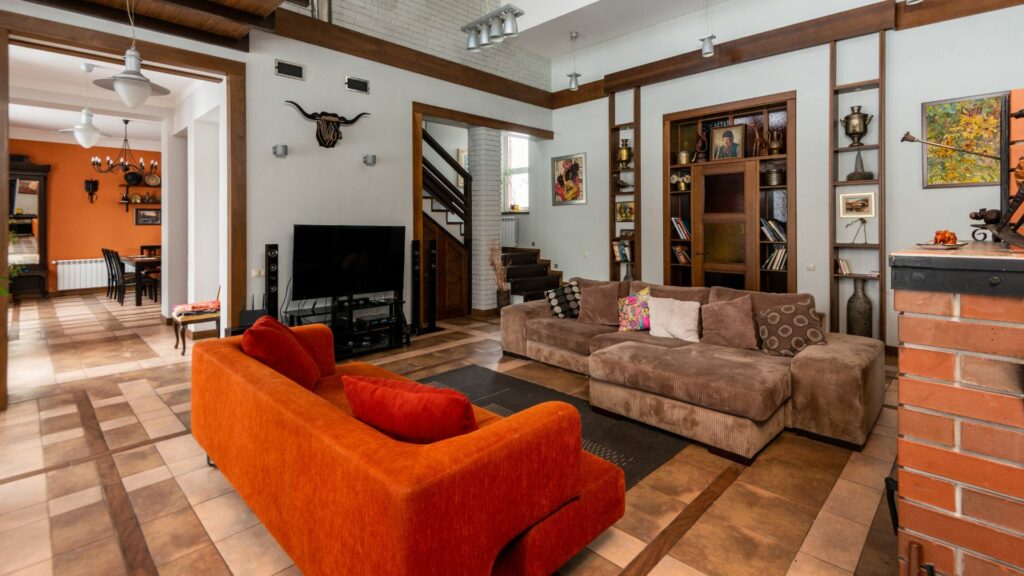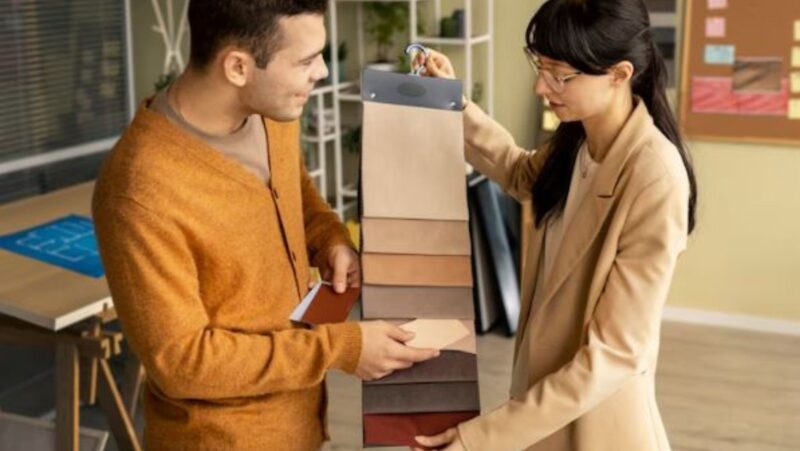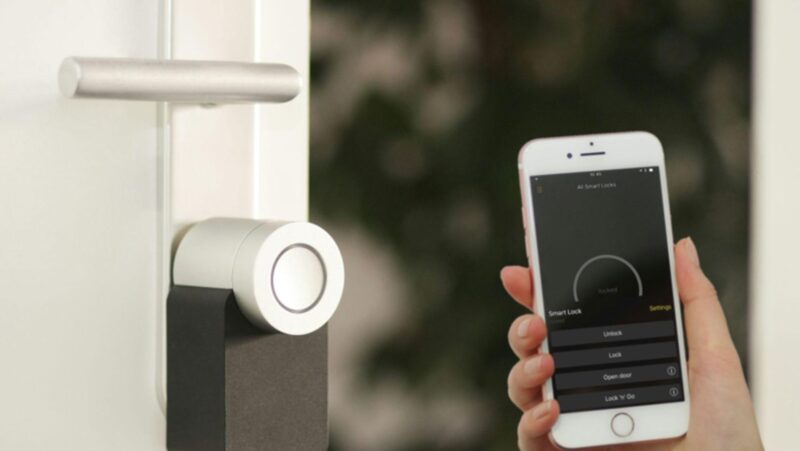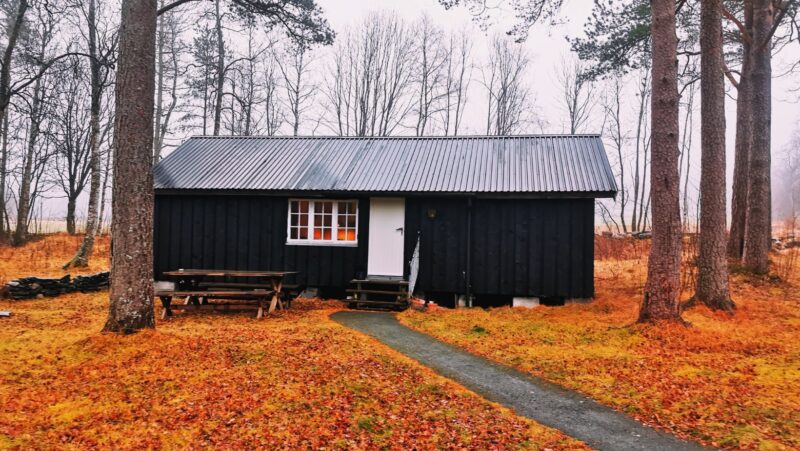
Maximizing the space in your home is not just about creating more room; it’s about enhancing functionality, comfort, and aesthetics. In places like Havelock, known for its charming small-town feel and close-knit community, homes might not always boast sprawling square footage. However, with smart strategies and creative thinking, you can make even the coziest of spaces feel spacious and inviting.
Getting the most out of your home’s space requires a combination of decluttering, clever furniture choices, strategic organization, and a touch of creativity. Whether you live in a compact apartment or a modest-sized house, there are numerous ways to maximize your living area and create a home that feels both spacious and welcoming. In this article, we’ll explore some practical tips for making the most of your home’s space, ensuring every inch is utilized effectively and stylishly. Let’s discover how you can transform your living space into a comfortable, organized, and efficient haven.
Declutter Regularly
Decluttering is the first step in maximizing home space. Sort through your belongings and get rid of items you no longer need or use. A clutter-free home feels more spacious and makes it easier to organize and find things. Regular decluttering sessions can prevent buildup and keep your space tidy and open. Adopting a minimalist approach and keeping only essential or meaningful items can also contribute to a more organized and spacious-feeling home.
Consider Off-Site Storage Options
For items that are not regularly used but still needed, consider off-site storage options. For example, if you’re in Havelock storage facilities like those offered by U Do It Mini Storage provide ample space for your excess belongings.

This can free up valuable space in your home and keep it clutter-free. Off-site storage is ideal for seasonal items, sentimental belongings, or bulky equipment that you don’t use frequently but aren’t ready to part with.
Use Multi-Functional Furniture
Invest in furniture that serves multiple purposes. A sofa bed, for example, can provide seating and accommodate overnight guests. Ottomans with storage can be used as seating, footrests, and storage units. Multi-functional furniture is especially useful in small spaces, as it reduces the need for multiple pieces of furniture. Look for pieces like drop-leaf tables, nesting tables, and beds with built-in storage to make the most of your living area.
Optimize Wall Space
Utilize wall space for storage and decoration. Install shelves to store books, display decor, or organize items. Wall-mounted cabinets and hooks can also free up floor space and keep things off the ground. Using walls effectively can significantly increase your home’s storage capacity. Wall space can also be used for hanging bikes, tools, or other items that would otherwise take up valuable floor space.
Choose the Right Color Palette
Light and neutral colors can make a room feel larger and more open. Consider painting your walls in light shades to create an airy feel. If you prefer darker colors, use them for accent walls or decor to add depth without overwhelming the space. Mirrored or metallic finishes can also help reflect light and give the illusion of more space in a room.
Implement Smart Storage Solutions
Smart storage solutions can help you organize and store items efficiently. Use under-bed storage for seasonal items, invest in closet organizers, and use storage bins to keep things neat and tidy. Vertical storage options, like tall bookcases or stacking shelves, can also maximize storage space. Look for space-saving solutions like over-the-door organizers, under-shelf baskets, and furniture with hidden compartments.
Embrace Open-Plan Living
If possible, consider an open-plan layout. Removing non-load-bearing walls can create a larger, more fluid space, connecting living areas and making them feel more expansive.

Open-plan living also allows for more natural light and can improve the flow of your home. It encourages a more communal lifestyle, where family members can interact more freely, even when engaged in different activities.
Use Mirrors to Create the Illusion of Space
Mirrors can create the illusion of more space by reflecting light and views. Placing mirrors strategically across windows or in dark corners can brighten up the room and make it feel larger. Large, floor-to-ceiling mirrors can be particularly effective in small spaces. They add an element of depth and dimension that can visually double the space of a room.
Keep the Floor Clear
Keeping the floor clear of clutter and unnecessary items can make your space feel larger. Choose furniture with raised legs to create a sense of openness. Avoid overcrowding the floor with too many rugs or small pieces of furniture, which can make the room feel cramped. Clear pathways and open floor space contribute to a sense of fluidity and spaciousness in a home.
Utilize Outdoor Spaces
If you have a balcony, patio, or garden, make the most of these outdoor areas. Create comfortable seating areas, add potted plants, and use outdoor spaces for relaxation and entertainment. This can extend your living space and offer additional areas to enjoy. Outdoor spaces can serve as an extension of your indoor living area, especially during warmer months.
Maximize Natural Light
Natural light can make a room feel more open and spacious. Use light window treatments to allow maximum light to enter. Positioning furniture to avoid blocking windows can also help maximize natural light in your space. Skylights and solar tubes are additional options for bringing more natural light into darker areas of your home.
Conclusion
By implementing these tips, you can maximize the space in your home and create a living area that feels spacious, organized, and comfortable. Decluttering regularly, using multi-functional furniture, and maximizing natural light are all effective ways to get the most out of your home’s space. With thoughtful planning and a touch of creativity, you can transform your living area into a functional and inviting space, no matter its size.












